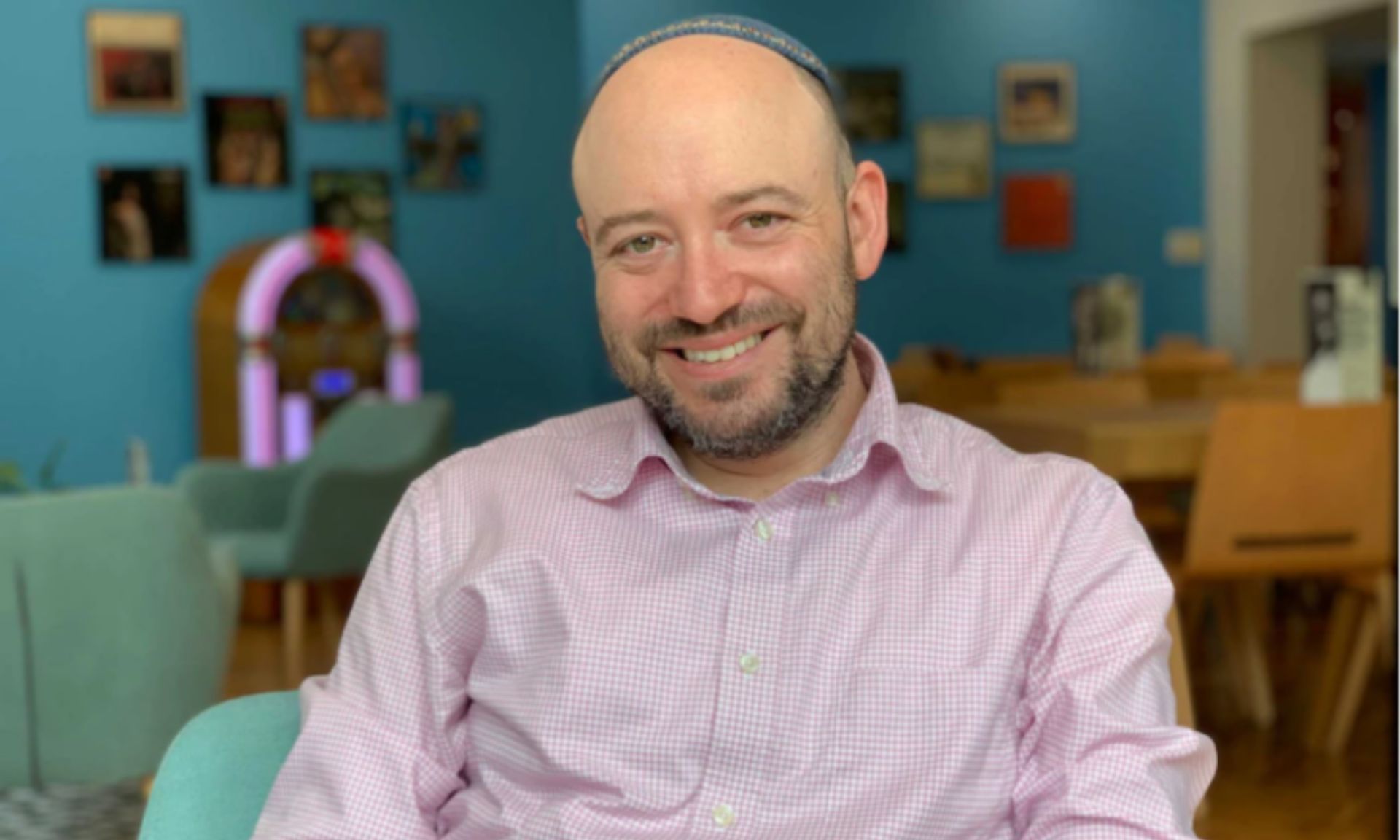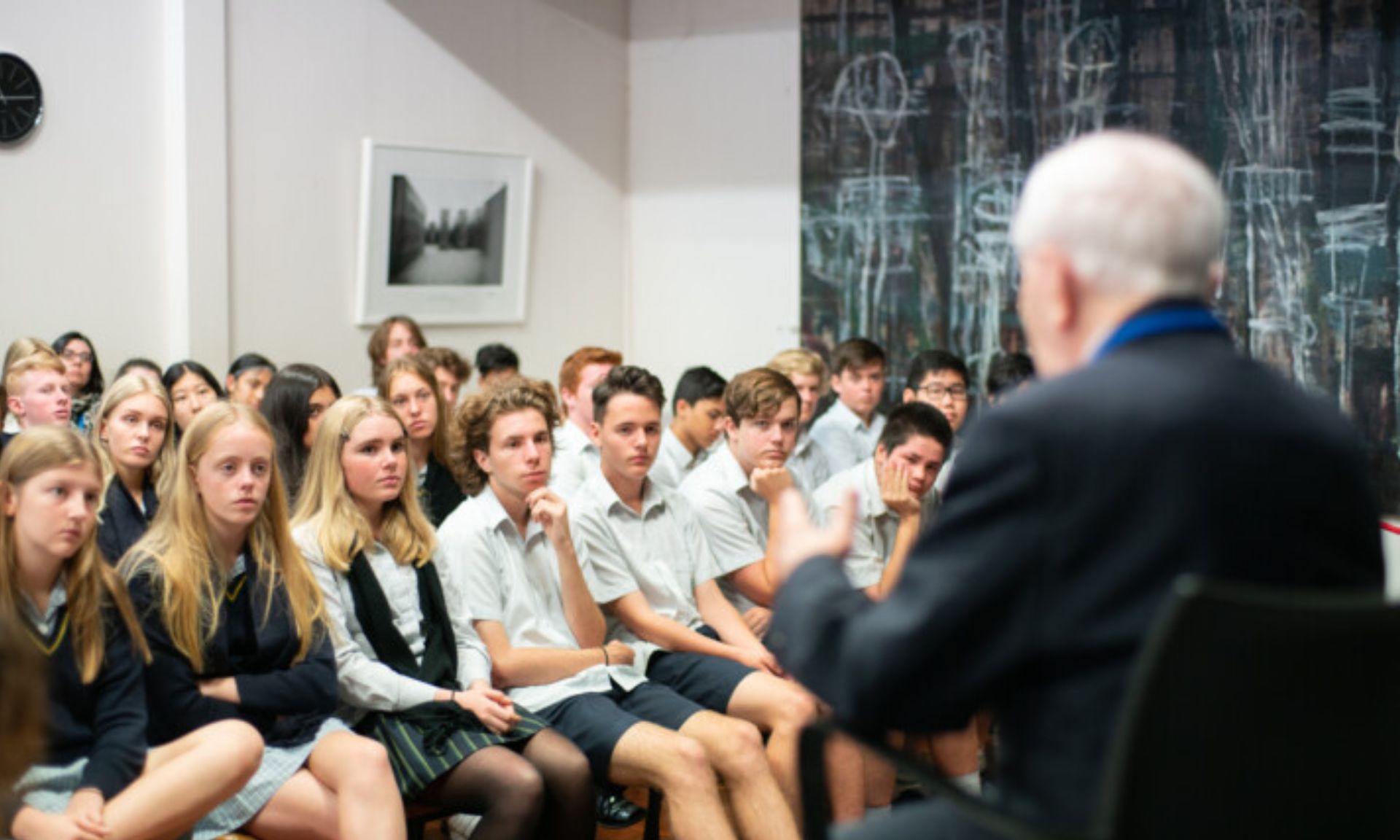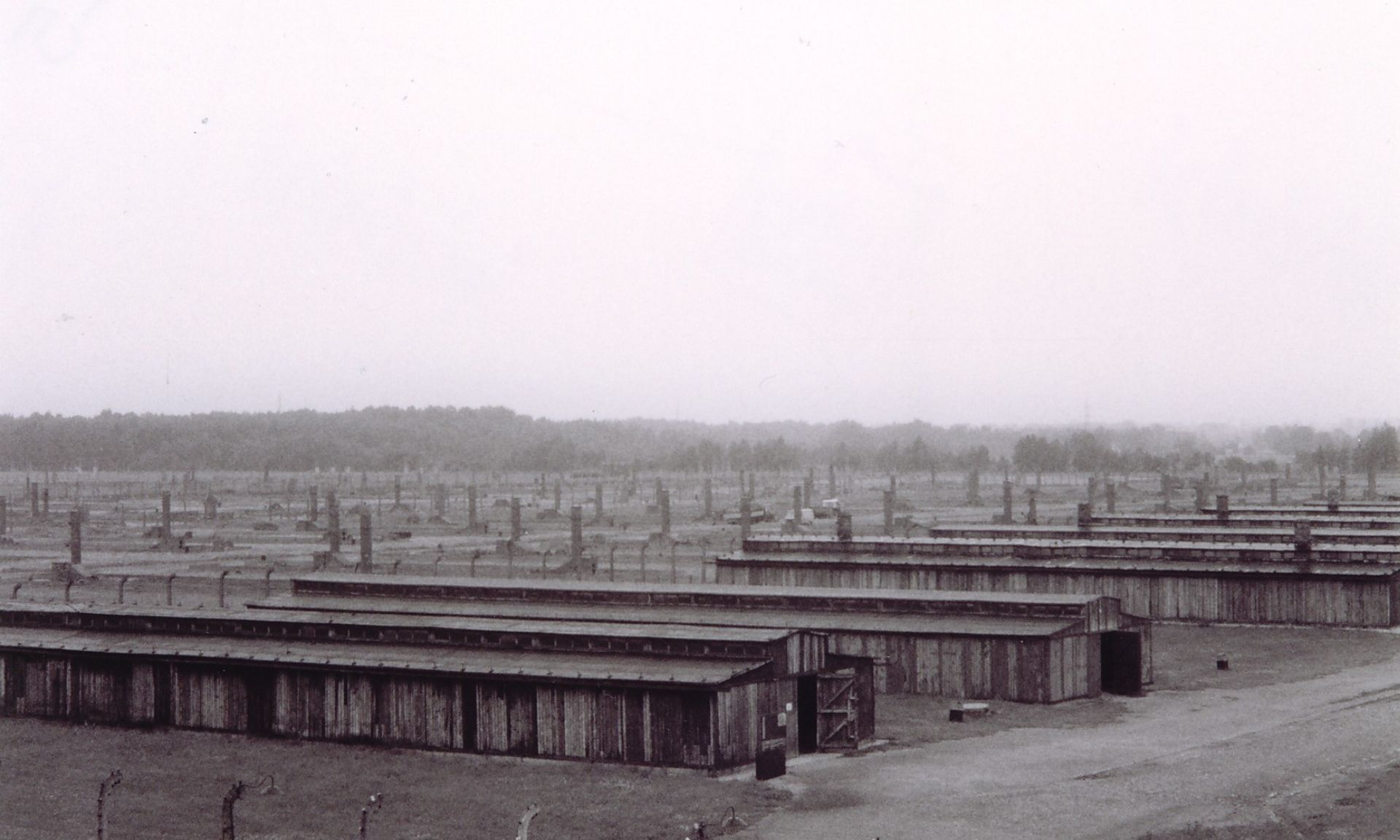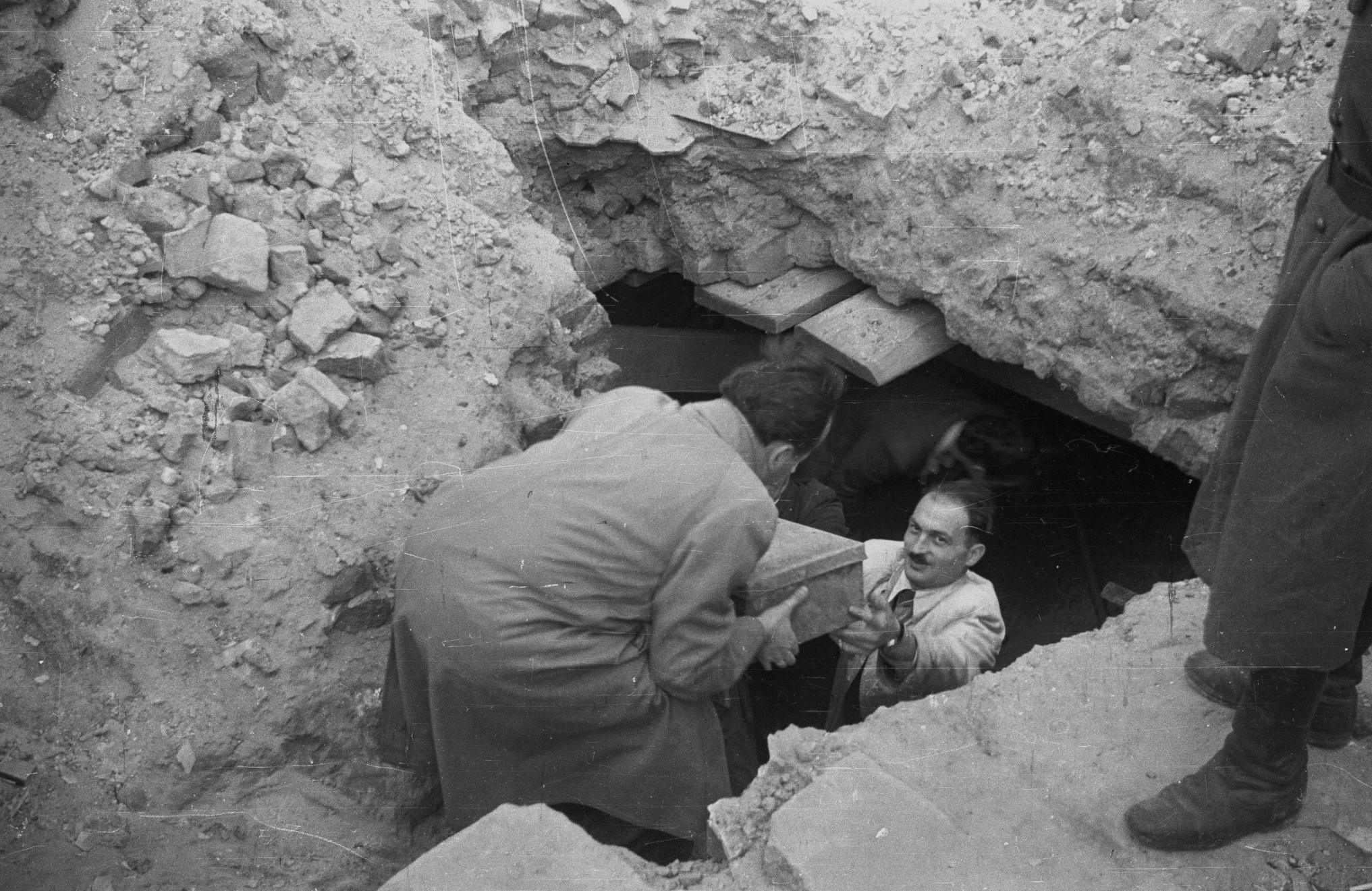We caught up with Simon to learn about his fascinating career path in Jewish history, and gain insight into his passion for Holocaust education.
Tell us about your journey to the Melbourne Holocaust Museum. What were you doing 1, 5 and 10 years ago?
One year ago, I was very happily employed at the Sydney Jewish Museum, and thankful to be able to return to work after the first lockdown! One of the silver linings of that lockdown is that it taught us all how best to familiarise ourselves with online modes of learning, and I had – and still have – lots of enthusiasm for the virtual classroom.
Five years ago, I was just finishing up my first year at the Museum. My head was still spinning with how much there was to do and to learn, but I was overwhelmed with excitement for the new position. It really is a wonderful institution, and the joy of working there did not diminish at all with time.
Ten years ago, however, I was deep into an eight-year PhD in Classical Hebrew and Biblical Studies. My thesis was on the use of metaphors in the Hebrew Bible, and I imagined that I was heading towards a career in academic Biblical Studies. I could not have envisaged at the time what my priorities were about to become, or just how much my life was going to change!
What has been a career highlight working in Jewish history?
Without a doubt, my greatest highlight has been working with Holocaust survivors. There is so much, as historians, that we can gain from different sources, but to be able to speak with a living witness to history, who can share their personal recollections, is both an honour and a privilege. It has been my experience that meeting with a survivor has always been a highlight for students as well, who need a personal connection in order to truly appreciate the human component of this history.
What are you most excited about as you start working with the MHM?
There is much that excites me about working with the MHM! I look forward to working more closely with the amazing educators and volunteer facilitators, and to getting to know all of the incredible survivors. I am deeply passionate about Holocaust education and am eager to work alongside others who are also so enthusiastic about this important work. Given that my wife is a Melbourne girl, we have long spoken about the need to move here. We are both very excited to be a part of the vibrant Jewish community in this beautiful city.
How do you define Holocaust education? And why is it important?
Holocaust education is really anything that enables students to better understand the genocide to which the Jews of Europe were subjected, the circumstances that led up to it and its impact on world history. Since different people learn in different ways, it is important to make use of a range of different educational approaches! And since we all come from a range of different backgrounds, it is also important not to lose sight of our shared humanity.
The history of the Holocaust can be inspiring, despite its trauma. It is a history of resilience and rebuilding, resistance and strength. Today, when we are witnessing an increasing polarisation of political viewpoints, in which greater numbers of people are refusing to even listen to opposing perspectives, an awareness of the dangers of radicalisation is also proving critical.
Learn more about our education opportunities:




